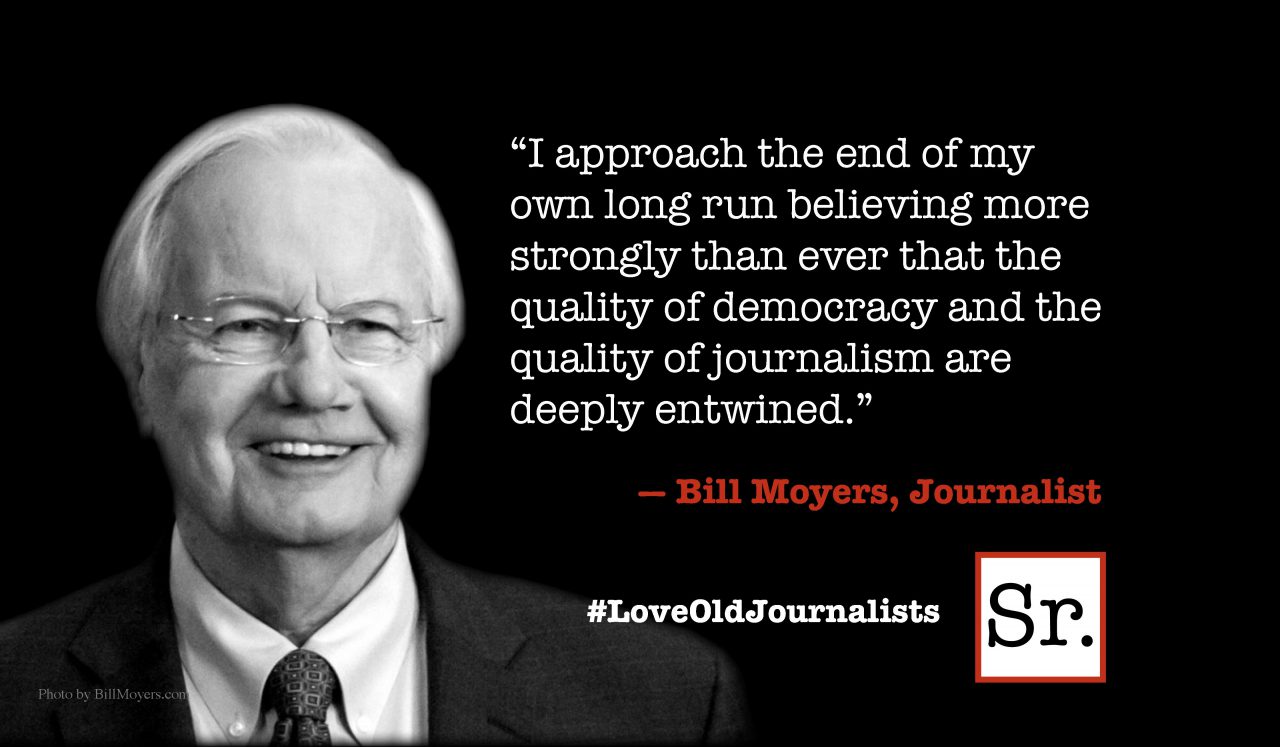I read in the New York Times today that a U.S. Intelligence entity called the Intelligence Advanced Research Projects Activity, or Iarpa, wants to launch a satellite that will automatically suck-up "big data," from various digital streams; things like "Web search queries, blog entries, Internet traffic flow, financial market indicators, traffic webcams and changes in Wikipedia entries" in order to, well, essentially predict the future. From this avalanche of data they will, I suppose, get a heads-up on impending wars, revolutions, traffic jams in LA, and the Super Bowl winner.
Now I am always delighted to add a new follower to my blog, even if it is only an automated satellite. But that seems about the only positive piece to this puzzle. The rest has a really creepy feel to it. The article does begin with a nod to the "Psychohistory" of Isaac Asimov's Foundation novels. Psychohistory was the fictional social science that was supposed to be able to predict human behavior to the "99-umtyith" decimal point, a level of confidence that was apparently "good enough for government work" when it came to running the galaxy. But this Iarpa project is unfolding in what we are swiftly coming to understand as "real life."
Supposedly this super-data-sucker-satellite would allow Iarpa to compute and massage the global data stream in a way that "would not be limited to political and economic events, but would also explore the ability to predict pandemics and other types of widespread contagion." I wonder if it has a built-in mirror in case it needs to catch a reflection of itself as an indication of "widespread contagion." Still, I suppose there is some value to having a well-nigh perfect example of hubris floating around up there for all of us to see, but did the folks over at Iarpa also read Asimov? Did they not finish the book?
What happens is that all the efforts at predicting the future and dominating the galaxy get knocked into a cocked hat by the arrival of "The Mule." The mule is not a raging Democrat hell-bent on whupping up on the Republicans whom he feels are protecting the super-rich of the galaxy. He is rather a mutant, and, as such, behaves at odds with the predictions of "psychohistory." Well, duh. Has it ever been any other way? Is history not the recording of the exceptional, the unexpected? Were it not for the exceptional efforts and the unpredictable behavior of "aberrant" individuals, huge swathes of history would read "nothing much happened today."
What rankles me about Iarpa's creep-in-the-clouds project is that it presumes our predictability. That strikes me as either naïve or childish — in much the same way that Facebook's "It's Complicated" status indicator is naïve. To assume it is ever anything but complicated asserts a level of predictability that is alien to human nature. Human nature is, I contend, the least predictable and most nuanced variable floating around the galaxy. Just about everything else seems to at least approximate the laws of physics. We, on the other hand, are nuanced — we often act in ways that the data would indicate are contrary to our apparent best interests. Peasants march off to war to defend the royalty who keep them in servitude, working class people vote to protect the rights of the wealthy who repress them, those born into great wealth lead movements to overthrow their own heritage. As the bard put it, "O, brave new world, that has such creatures in it."
Here's the thing, we are each of us an N of one, the only subject in that ongoing experiment that is our life. As individuals we are utterly unique. You can gather all the data you want, you can run regression equations until a week from doomsday, and it will all fall apart when confronted by the behavior of that subtle, nuanced, extraordinary thing called a single human being.








